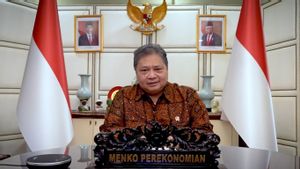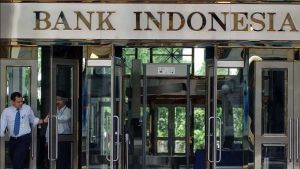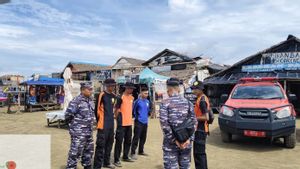JAKARTA - The World Bank revised the projected increase in Indonesia's economic growth in 2024 to 5 percent compared to the previous projection of 4.9 percent.
"In the future, the economy is expected to benefit from increasing public consumption and investment, but will face obstacles, especially from worsening trade conditions," said senior economist at the Wael Mansour World Bank, quoting Antara.
The World Bank also revised Indonesia's economic growth increase in 2025 to 5.1 percent from the previous estimate of 4.9 percent, and in 2026 to 5.1 percent from the previous projection of 5 percent.
Therefore, in its latest report, the World Bank projects that Indonesia's gross economic growth or domestic product (GDP) will average 5.1 percent during the 2024-2026 period, supported by increased public consumption.
Wael said consumption will continue to encourage growth, supported by increased public consumption in line with the implementation of new social spending programs from the upcoming government.
With the increase in social spending and public investment, the fiscal deficit is expected to be higher but still within 3 percent.
"External positions are expected to remain full of challenges due to the slow recovery of global trade and financing pressure," he said.
In addition, the current account deficit is projected to widen gradually and reach 1.6 percent of GDP by 2026, as commodity prices are lower and global uncertainty hampers exports.
SEE ALSO:
The outlook has several reduced risks. High interest rates can burden loan costs and tighten access to external financing, thereby increasing government debt repayment costs.
External shocks such as the potential for increased armed conflict or geopolitical uncertainty could result in a sharper trade exchange rate reduction than expected, resulting in a more stringent decline in revenue and fiscal position.
"Fiscal attitude is getting looser along with the increase in social spending and the reduction in commodity deposits, while increasing debt payments can have an impact on priority development spending," he said.
The English, Chinese, Japanese, Arabic, and French versions are automatically generated by the AI. So there may still be inaccuracies in translating, please always see Indonesian as our main language. (system supported by DigitalSiber.id)
















